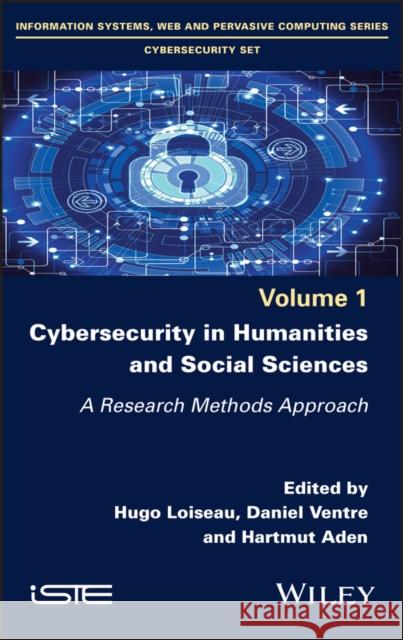Cybersecurity in Humanities and Social Sciences: A Research Methods Approach » książka
topmenu
Cybersecurity in Humanities and Social Sciences: A Research Methods Approach
ISBN-13: 9781786305398 / Angielski / Twarda / 2020 / 240 str.
Kategorie:
Kategorie BISAC:
Wydawca:
Wiley-Iste
Język:
Angielski
ISBN-13:
9781786305398
Rok wydania:
2020
Ilość stron:
240
Waga:
0.45 kg
Wymiary:
0.99 x 0.99 x 0.99
Oprawa:
Twarda
Wolumenów:
01











